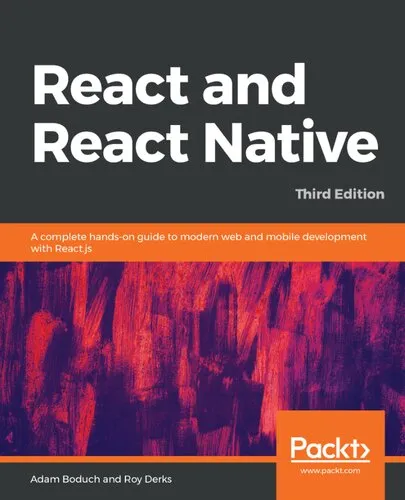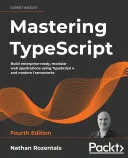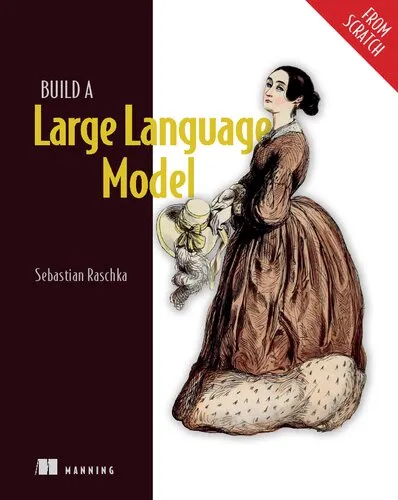Math Homework That Counts: Grades 4-6
4.5
Reviews from our users

You Can Ask your questions from this book's AI after Login
Each download or ask from book AI costs 2 points. To earn more free points, please visit the Points Guide Page and complete some valuable actions.کتاب های مرتبط:
Introduction to "Math Homework That Counts: Grades 4-6"
Welcome to a practical guide designed to transform how both educators and students approach math homework in the critical years of Grades 4 through 6. "Math Homework That Counts: Grades 4-6" is not just another instructional book; it is a resource that redefines the role of homework in mastering mathematical concepts. Written with an understanding of the challenges faced in classrooms and homes alike, this book bridges the gap between theoretical learning and practical application. Providing strategies, insights, and real-life examples, this book equips teachers, parents, and students with the tools they need to make math homework both meaningful and effective.
Detailed Summary of the Book
The foundation of "Math Homework That Counts: Grades 4-6" lies in reshaping how homework is assigned, understood, and practiced. Too often, homework is treated as busywork rather than as an integral part of the learning process. This book argues that well-designed math assignments do more than reinforce skills—they foster curiosity, critical thinking, and confidence in students.
Divided into clear, approachable sections, the book first examines the challenges inherent in traditional homework practices. It then provides actionable solutions that allow teachers to create assignments that align with curriculum goals without overwhelming students or parents. The emphasis is on quality over quantity, encouraging teachers to craft tasks that invite exploration and deep thinking.
Key themes explored in the book include understanding the developmental stages of students in Grades 4-6, using real-world math problems to increase engagement, differentiating tasks to cater to various learning styles, and fostering a collaborative environment between teachers, parents, and students. By the end of the book, readers will feel empowered to use math homework as a tool for growth, rather than as a source of stress or rote repetition.
Key Takeaways
- Homework should be meaningful, thought-provoking, and relevant to students' lives.
- Quality math assignments can deepen understanding and nurture a love for the subject.
- Understanding student developmental stages is crucial for creating successful homework tasks.
- Parents can actively support their children by creating a positive and supportive homework environment.
- Collaboration between teachers and parents enhances the effectiveness of homework practices.
Famous Quotes from the Book
“Homework is an opportunity, not a punishment. When used wisely, it becomes a powerful tool to reinforce learning and inspire students to ask, ‘Why?’ and, ‘How?’”
“The goal of math homework isn’t to finish a page—it’s to help students understand the connection between numbers, patterns, and the world around them.”
“A single well-designed question is worth more than a hundred repetitive problems. It prompts thought, curiosity, and engagement.”
Why This Book Matters
Math education is often fraught with frustration, misunderstandings, and a lack of confidence—especially for students aged 9 to 12 who are navigating critical years of cognitive and emotional development. "Math Homework That Counts: Grades 4-6" addresses these issues head-on by advocating for a revamped approach to math homework.
Traditional methods of assigning homework often fail to consider the diverse needs of students, leaving some bored and others overwhelmed. This book offers actionable advice for creating assignments that are accessible, rigorous, and engaging for all learners. By focusing on problem-solving skills, real-world applications, and student-centric practices, it transforms math homework into something students enjoy and value.
Furthermore, the book empowers educators and parents to work together towards shared goals. Teachers will find strategies to maximize the impact of their assignments, and parents will learn how to provide meaningful support without taking over the process. Together, both groups can make math homework a cornerstone of successful learning.
In an era where test scores and performance metrics dominate discussions about education, this book reminds us of the human element inherent in learning. By emphasizing quality over quantity, "Math Homework That Counts: Grades 4-6" inspires a new perspective, one that values curiosity, effort, and growth above mere completion. It is a must-read for anyone committed to helping students thrive in mathematics—and in life.
Free Direct Download
You Can Download this book after Login
Accessing books through legal platforms and public libraries not only supports the rights of authors and publishers but also contributes to the sustainability of reading culture. Before downloading, please take a moment to consider these options.
Find this book on other platforms:
WorldCat helps you find books in libraries worldwide.
See ratings, reviews, and discussions on Goodreads.
Find and buy rare or used books on AbeBooks.
1285
بازدید4.5
امتیاز0
نظر98%
رضایتReviews:
4.5
Based on 0 users review
Questions & Answers
Ask questions about this book or help others by answering
No questions yet. Be the first to ask!













